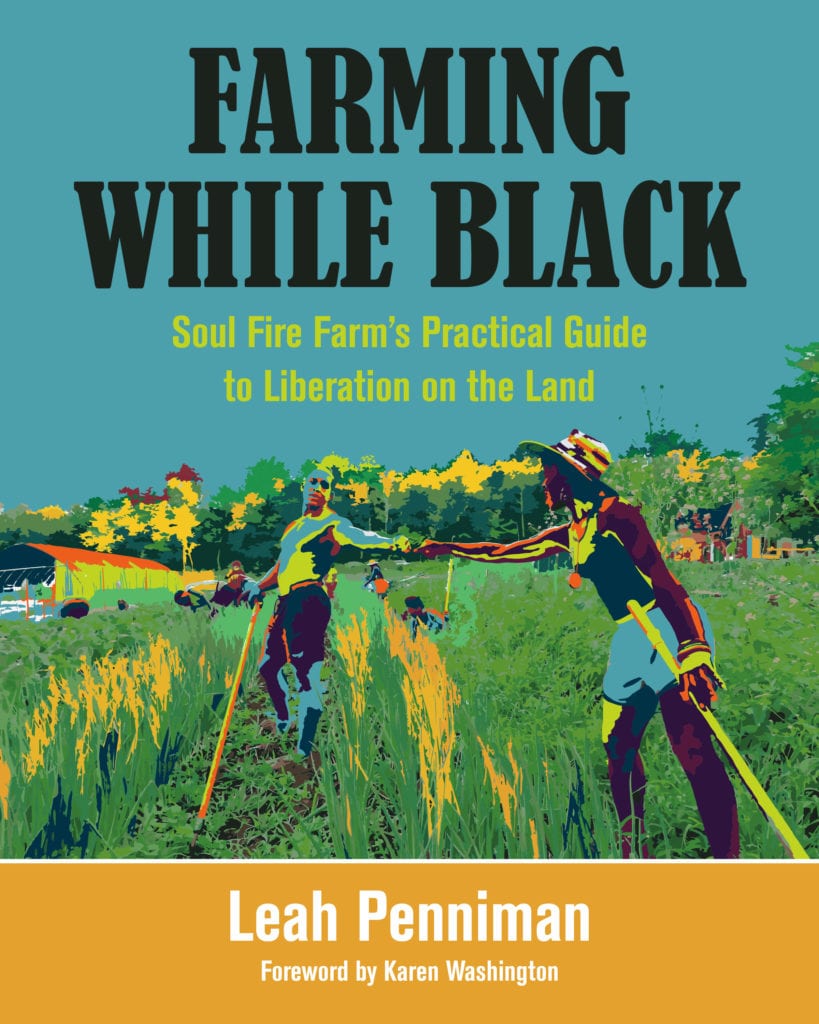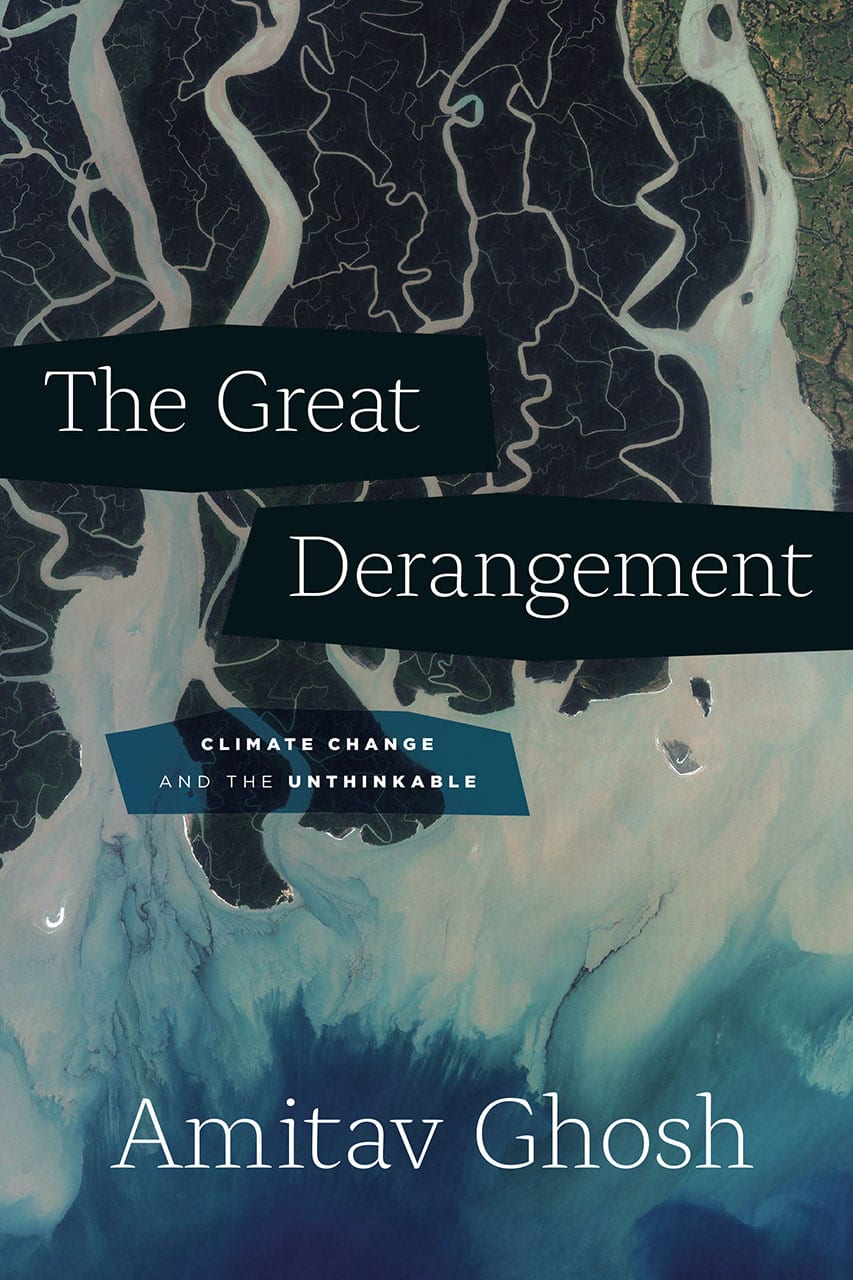Summer is upon us, and it’s time to take a break by the pool, beach or bed, and dive into Population Education’s summer must-reads! This list covers nearly all literary bases with a mix of creative nonfiction, “cli-fi,” supernatural thrillers, and more.
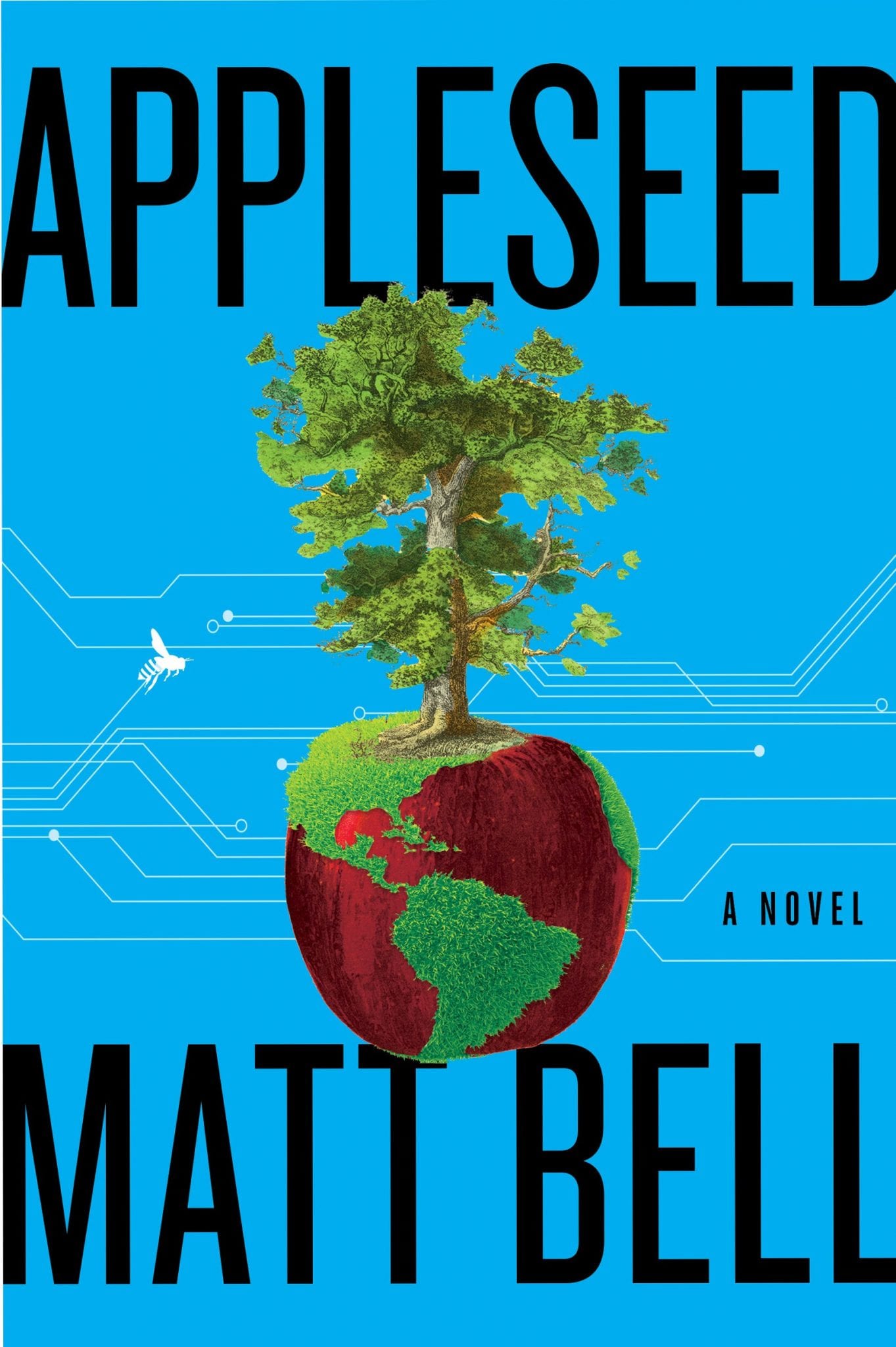
1. Appleseed by Matt Bell
If you’re looking to travel through time this summer, Matt Bell, a Young Lions Fiction Award–finalist, expertly weaves climate change and time travel together in his mythological “sci-fi” thriller “Appleseed.” In one of New York Times’ Best Books of Summer, readers will find themselves with a renewed enthusiasm to push back against corporate greed and solve humanity’s most pressing issues related to climate change and natural resource depletion.
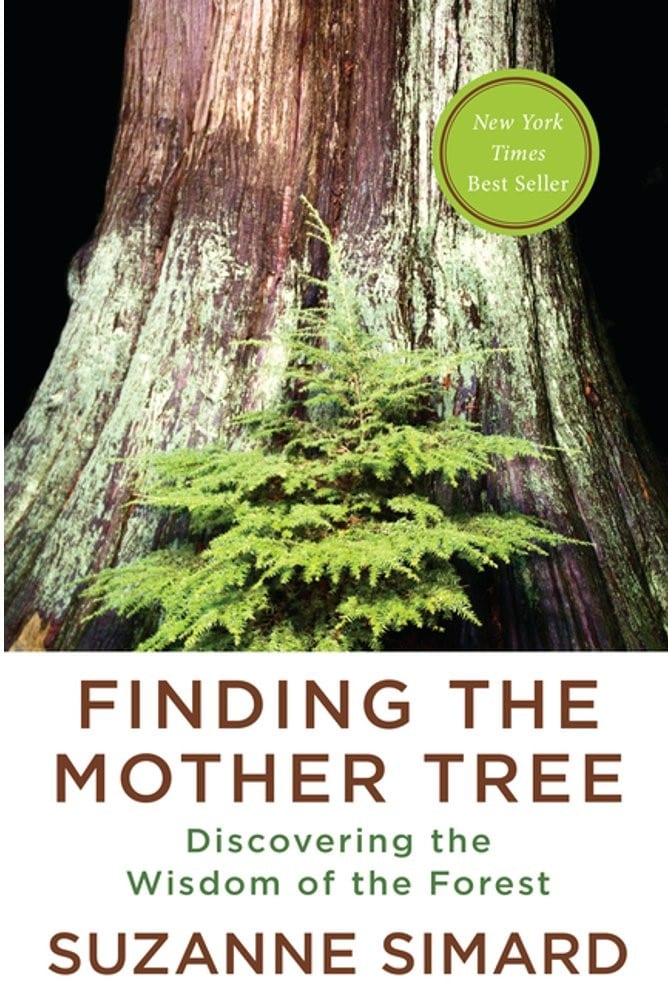 2. Finding the Mother Tree: Discovering the Wisdom of the Forest by Suzanne Simard
2. Finding the Mother Tree: Discovering the Wisdom of the Forest by Suzanne Simard
Suzanne Simard’s “Finding the Mother Tree” brings together her academic and personal experience in her scientific memoir about trees – the ways trees have evolved, how trees communicate with one another, and the ways they can help us humans think more deeply about our own place in nature. Readers will be immersed in this detailed work rooted in the complexities of trees and nature.
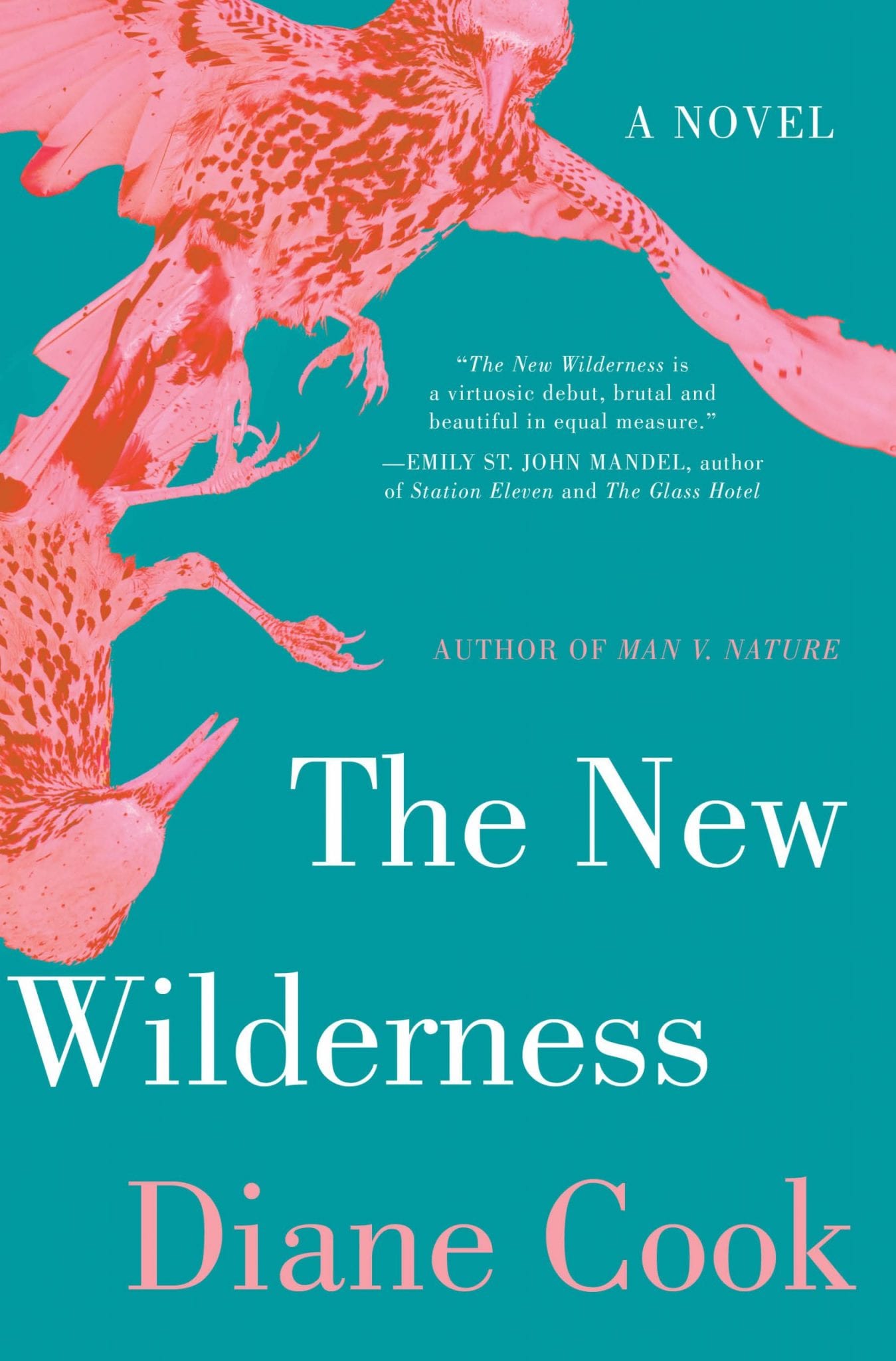 3. The New Wilderness by Diane Cook
3. The New Wilderness by Diane Cook
In one of NPR’s Best Books of the Year, Diane Cook explores the connection between the environment and family as readers navigate the fictional environmental dystopia that has been ravaged by pollution, smog, and the consequences of overpopulation. In “The New Wilderness,” readers will follow Mother and Daughter through the untamed Wilderness State as they fight for their survival in the midst of climate change.
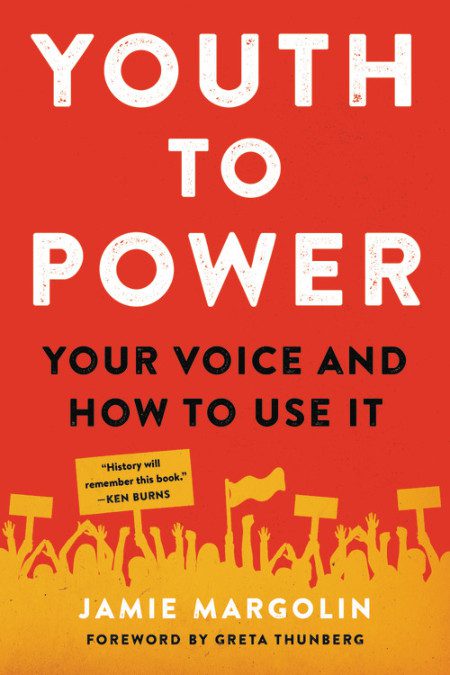 4. Youth to Power: Your Voice and How to Use It by Jamie Margolin
4. Youth to Power: Your Voice and How to Use It by Jamie Margolin
Jamie Margolin provides readers with the toolkit to successful activism as we continue to endure the climate crisis. Although marketed to youth, the lessons, values, and information in “Youth to Power” can be utilized by activists of any age.
5. Farming While Black: Soul Fire Farm’s Practical Guide to Liberation on the Land by Leah Penniman
In this fantastic instructional guide, Leah Penniman not only offers readers the resources to learn how to farm, but she gives historical insight on farming practices of the African Diaspora while providing tools to help Black farmers heal from generational trauma. Penniman is the Founding Co-Director of Soul Fire Farm, an organization that aims to uproot racism in the food system.
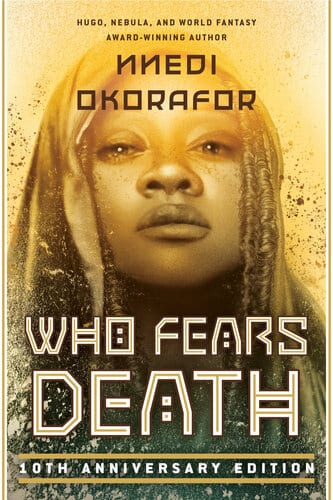 6. Who Fears Death by Nnedi Okorafor
6. Who Fears Death by Nnedi Okorafor
Nnedi Okorafor’s supernatural fantasy, “Who Fears Death,” takes readers on a journey through post-apocalyptic Africa as the question of who bears the consequences of environmental injustices becomes more apparent – vulnerable marginalized people who often lack access to political power. This novel is currently being adapted into an HBO series.
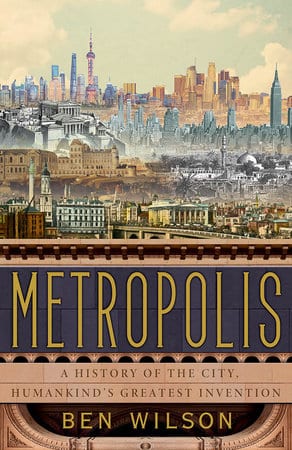 7. Metropolis by Ben Wilson
7. Metropolis by Ben Wilson
From the first ancient cities of the Middle East to the emerging metros of Lagos, historian Ben Wilson takes readers on a tour of dozens of cities and their unique features including New York’s baths, Chicago’s architecture, and the phenomenon of Paris Syndrome. “Metropolis” takes into account both the good and bad features of urbanization over the centuries and offers readers a look into the future of cities.
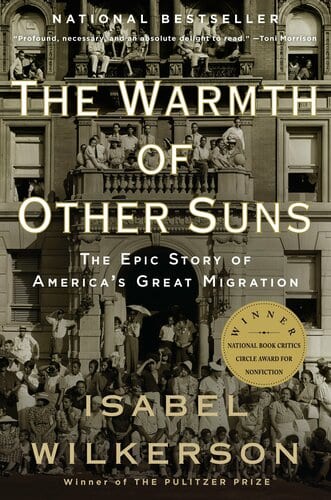 8. The Warmth of Other Suns by Isabel Wilkerson
8. The Warmth of Other Suns by Isabel Wilkerson
In her New York Times Bestseller “The Warmth of Other Suns,” Isabel Wilkerson details the complex history of the Great Migration from 1915 to 1970. Wilkerson follows the stories of three individuals who left the South in order to find a better life in the North. But as detailed throughout the different stories, what they found was not always better. Journey along with the characters as they escape the gross racial injustices of the Jim Crow South in pursuit of prosperity in the North.
9. The Great Derangement: Climate Change and the Unthinkable by Amitav Ghosh
Ever thought about how future generations will view us? In “The Great Derangement,” Amitav Ghosh argues that they will definitely see us as deranged due to the mass climate degradation and environmental harm we are causing. Ghosh details the intricate and devastating history of climate change in an effort to combat some of today’s most pressing environmental issues.



